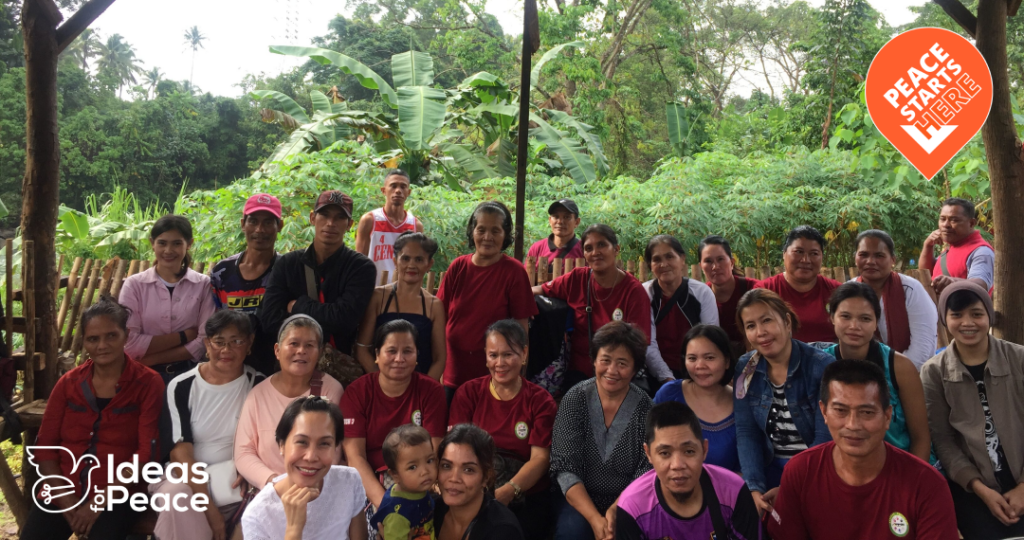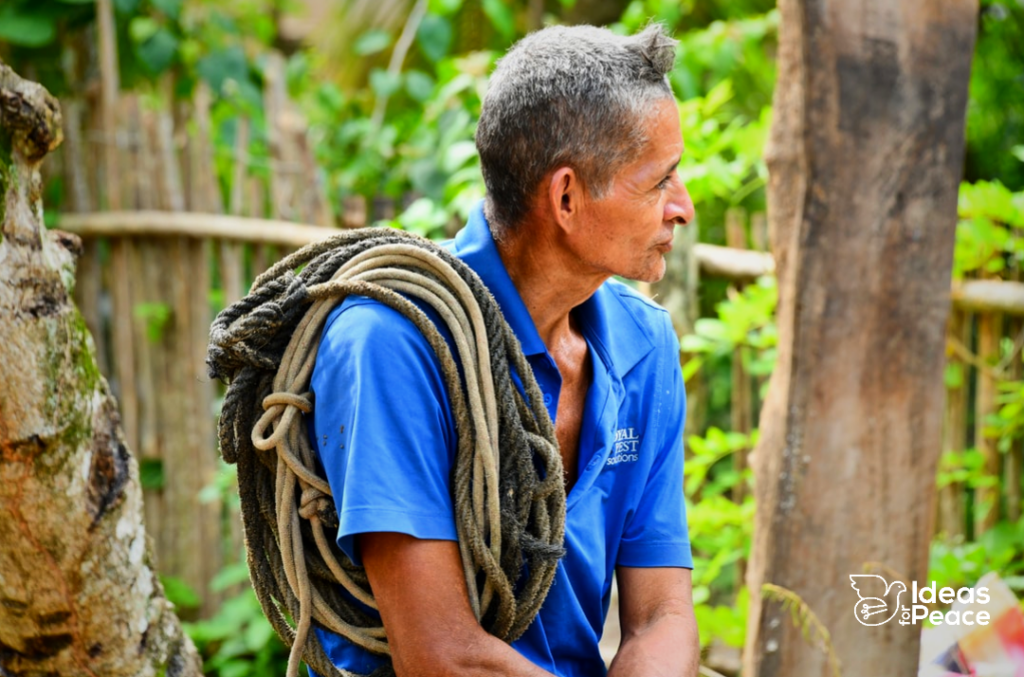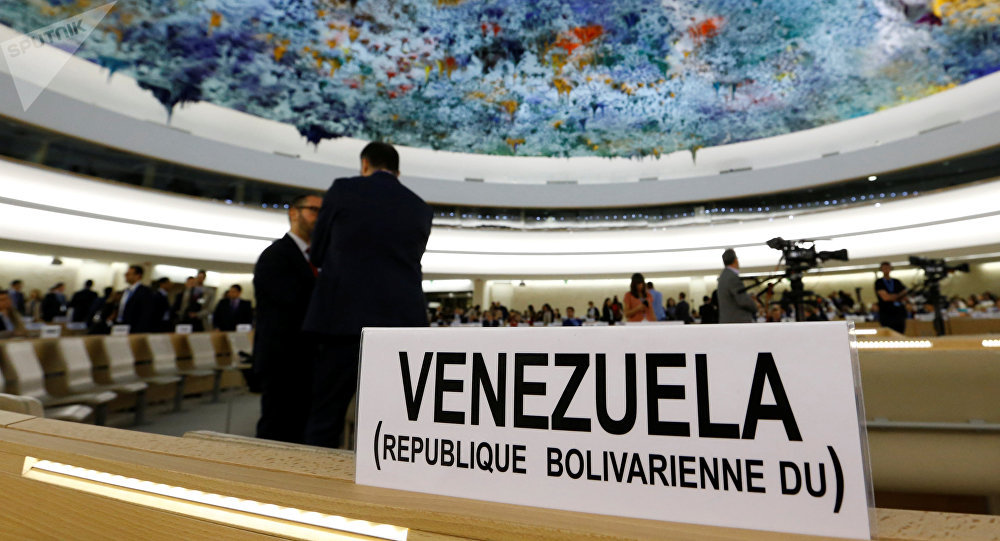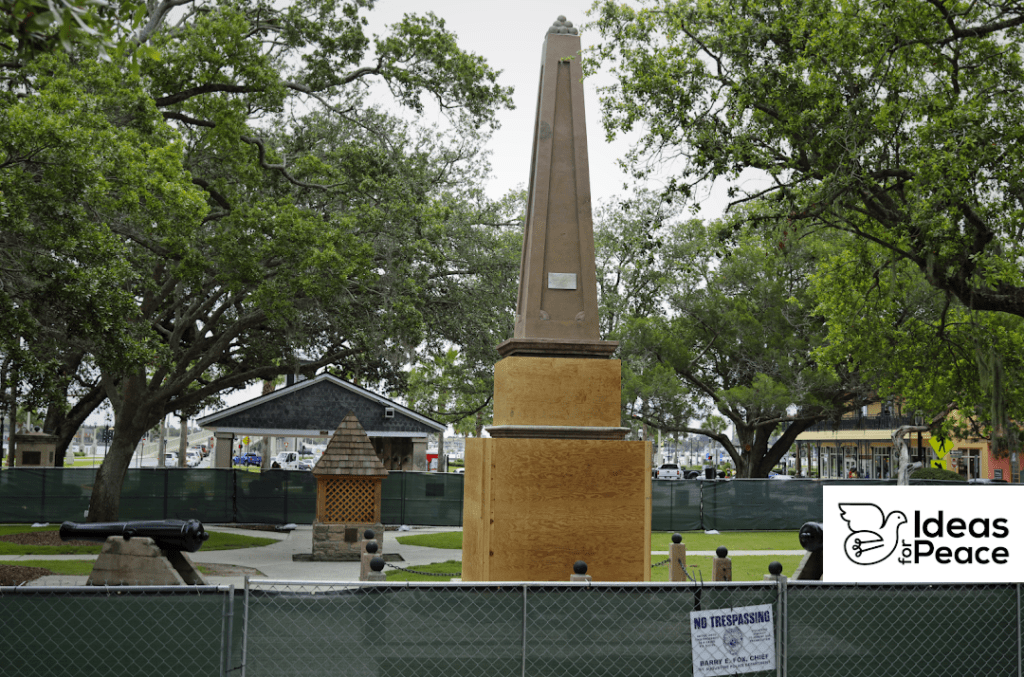Peace Starts Here: Empowering Local Voices for Global Harmony

Peace Starts Here: Empowering Local Voices for Global Harmony Author: Jamila-Aisha P. Sanguila In a world plagued by conflict and crisis, achieving peace is a collective imperative. This article discusses a groundbreaking campaign initiated by ten diverse local peacebuilders from across the globe, aiming to catalyze transformative change within the peacebuilding sector. Emerging from discussions […]
La intratabilidad del conflicto agrario del Bajo Aguan

La intratabilidad del conflicto agrario del Bajo Aguan, retos hacia el establecimiento de la paz Autora: Josselyn Nohely Estrada Matute El conflicto agrario del bajo Aguán, a diferencia de la mayoría de los conflictos por tenencia de tierras, no tiene su origen inicialmente en una acción ilegal de despojo. Si no más bien surge desde […]
Ideas for Peace Series – The role of the United Nations in Venezuela

Ideas for Peace Series – The role of the United Nations in Venezuela Venezuela is going through one of the most complicated crises in the world. There is a constant and progressive deterioration of the legal and political institutions and the economic situation; which has increased social inequalities and poverty. Considering this situation, and in […]
Removiendo una Estatura de la Confederación en San Agustín, Florida

This article explores different group perceptions of history on identity and structural violence against the Black community in St. Augustine
Ideas para la Paz de la Dra. Melania Guerra

Una entrevista con la Dra. Melania Guerra para discutir el futuro de la diplimacia ambiental, educación y el desarrollo sostenible
Conflict and resolution in Rwanda
Alphonse Nshimiyimana describes his work in his home country of Rwanda at the Center for Conflict Management funded largely by UNDP and where, understandably, there is much to be done.
The Power of Timely Intervention
Michael S Lund, Preventing Violent Conflicts: A Strategy for Preventive Diplomacy, USIP Press, 1996
Theory and Practice for Peacemakers
At its best Contemporary Peacemaking treads the uneasy terrain between theory and practice, forging the types of links that are absolutely essential for the comparative work the editors quite clearly believe is of use for peace processes. There is much work to be done in this zone between the comfortable categorizations of unimpeded theory and the at times ad hoc sensibilities of those used to getting things done in the field with a bit of duct tape and a wire hanger.
John Darby & Roger MacGinty (eds) Contemporary Peacekeeping: Conflict, Violence & Peace Proceses, Palgrave MacMillan, 2003, pp. 296 ISBN 1-4039-0138-4 (Hardback)
The state of the field. An interview with Christopher Mitchell
The state of the field. An interview with Christopher Mitchell Author: Ross Ryan Originally Published at Peace and Conflict Monitor on 09/19/2008 Christopher Mitchell is currently Professor Emeritus at theInstitute for Conflict Analysis and Resolution at George Mason University, Virginia, where he was the Drucie French Cumbie Professor of Conflict Analysis for fifteen years. Previously, […]
CONFLICT RESOLUTION IN ASSAM: IS ENDGAME NIGH?
Rupakjyoti Borah reviews the conflict in Assam, India in light of recent developments including the arrest of ULFA commanders. Although peace talks and other attempts to resolve the conflict have been less than successful in recent years, Borah reports that there is renewed optimism for peace in the region, provided that Assam’s burning issues are addressed and political leaders are willing to negotiate.
